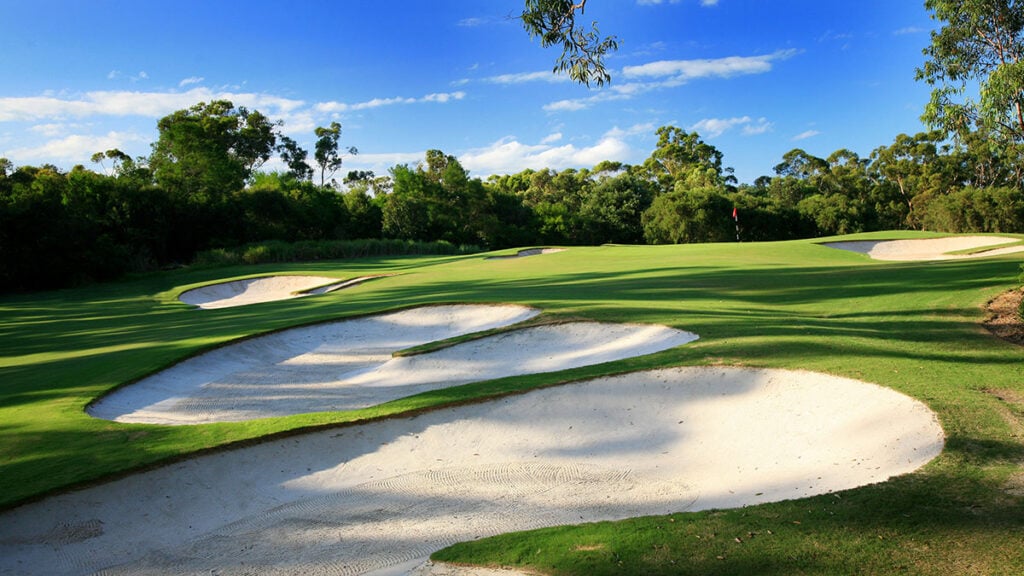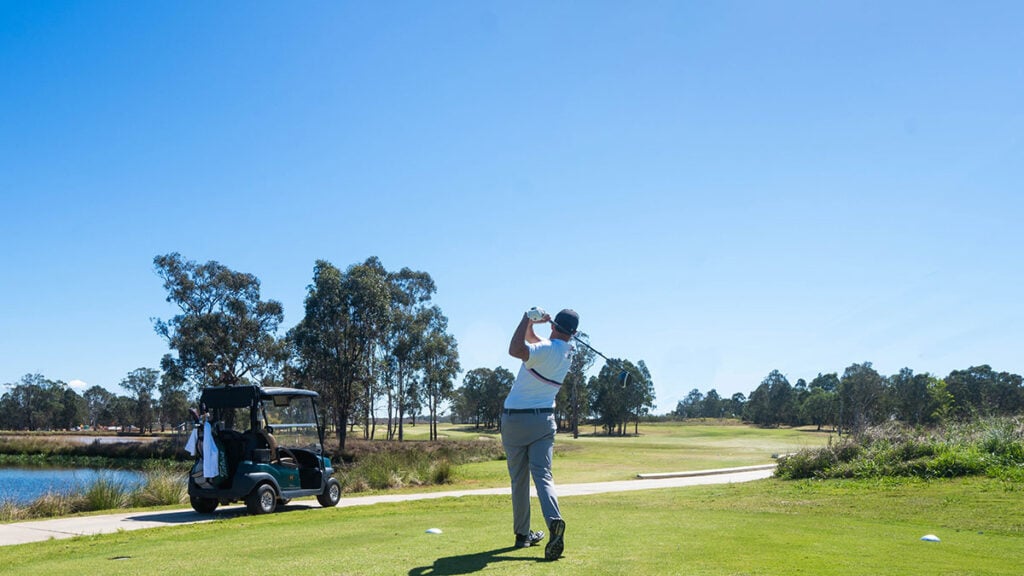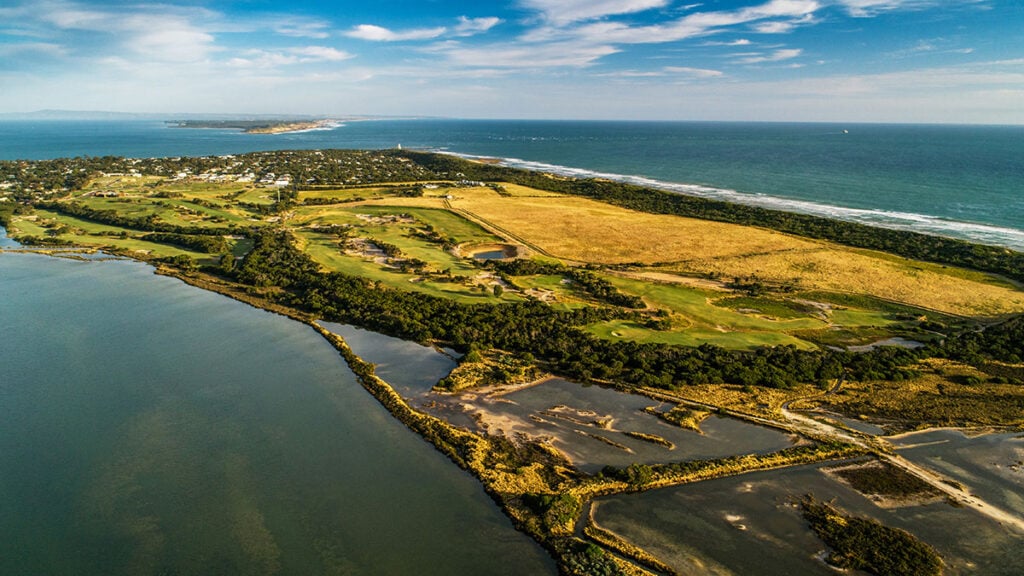Brian Wacker
Two weeks after the Ryder Cup, Patrick Reed was still exhausted. Going 3-0-1 over three days at Hazeltine National to help lead the US to a victory – highlighted by his emotionally charged slugfest over Rory McIlory in Sunday singles – had taken everything out of the 26-year-old. The results in Reed’s next two starts were predictable if not understandable. He finished 51st in Malaysia and T-60 the following week in China.
“Physically and mentally, I could not pull the club back and couldn’t swing,” he said. “Lost all my speed, all my distance, and my mental game and thought process on the golf course was kind of shot.”
A little more than a month later, Reed played his final tournament of 2016. It was his 66th event over two calendar years, an eye-popping number for any golfer much less one ranked among the top 10 in the world.
But Reed has always wanted to be a global player. It’s why he’s the rare American who is also a member of the European Tour (he’ll be in Perth next month for the World Super 6 event) and why in some ways he didn’t mind his busiest year to date. Beginning with the US Open and including the Olympics, Reed played 14 tournaments in 16 weeks through the Ryder Cup.
“The problem with me is I love to compete,” he said yesterday from the SBS Tournament of Champion at Kapalua. “I don’t want to sit home.”
That philosophy has worked, too. Reed has five career titles on the US PGA Tour, including one last season at The Barclays during the FedEx Cup playoffs, and another on the European Tour. He starts 2017 ranked No.8 in the Official World Golf Ranking.
There is one area, however, where Reed has come up surprisingly short, particularly given his penchant for being a big-game performer. In a dozen career Major championships, he has yet to post a top-10 finish.
One could argue that playing 125 weeks over the past four years has taken its toll, particularly when it comes to the four weeks a year when mental and physical strain is at its peak. “I just played too much,” Reed conceded of his past two years.
If that’s the case, perhaps taking a page from the player whom he teamed with in three matches at Hazeltine might be a good idea.
In a four-month span between the end of 2015 and beginning of 2016, Jordan Spieth played tournaments in six different countries. It eventually caught up with him.
By the end of the whirlwind stretch, Spieth admitted that he was beat up mentally and physically, and that he likely wouldn’t again embark on that sort of globetrotting anytime soon. (He also failed to win a Major in 2016 after capturing the first two of 2015 and finishing fourth and second in the final two that year.)
As for Reed, the three weeks off between his last start in Hong Kong and this week’s tournament in paradise were a welcome respite, though he arrived later than expected at the Plantation Course because he was sick last weekend.
But does he plan to play less moving forward?
“It’s hard to say,” Reed said. “Do I need to? Yes. Am I going to? I don’t know. We’ll have to see how the year is going.
“It’s just hard. I love to play. I know that number needs to get lower, but at the same time, I miss it too much being out on the road, grinding, especially at this time of my life with my daughter being young enough, the whole family travels … I know when she gets older, that’s going to be harder. That’s probably the time I’ll start to cut back a little bit. But right now, I just want to go and play.”




